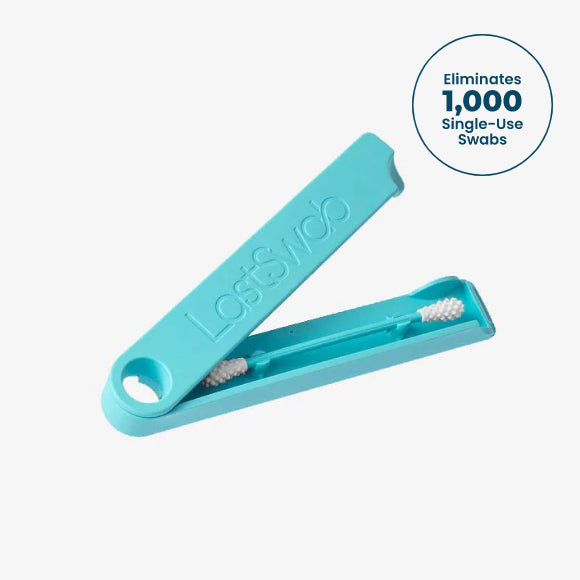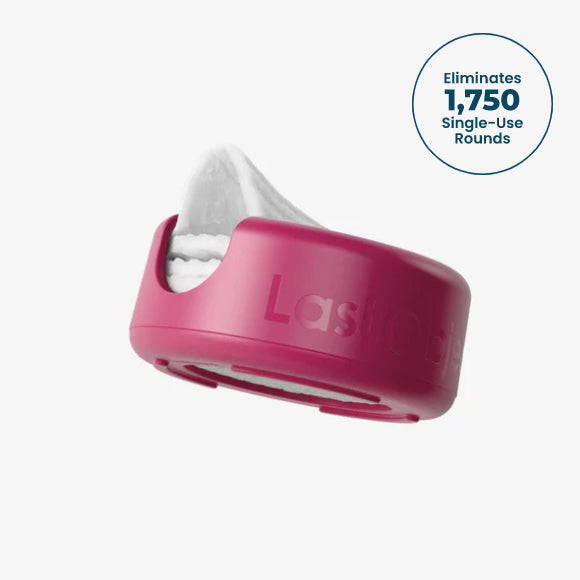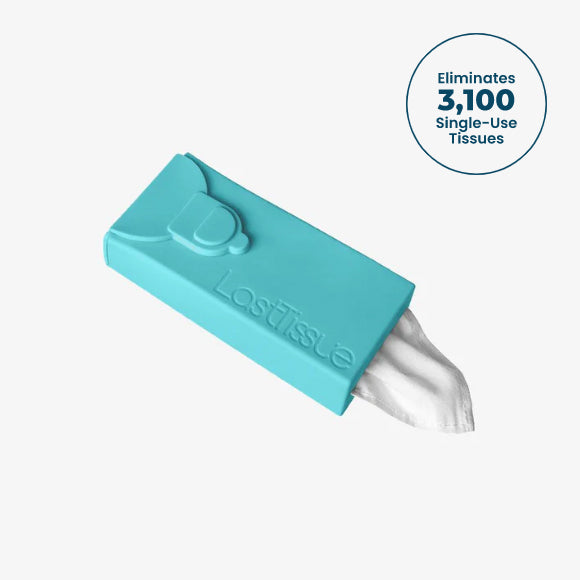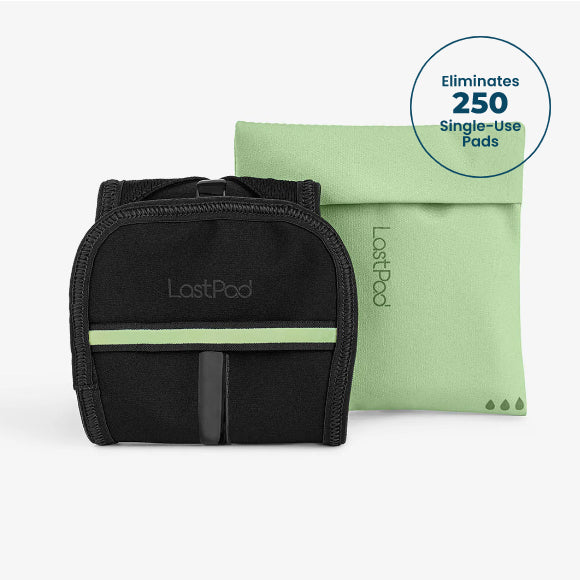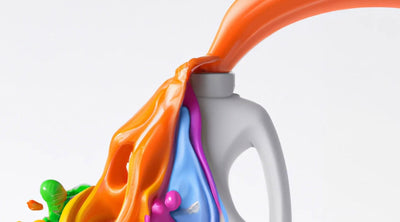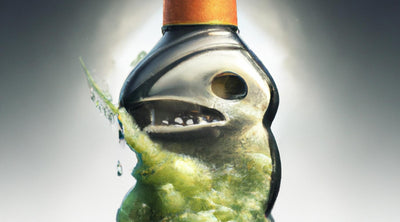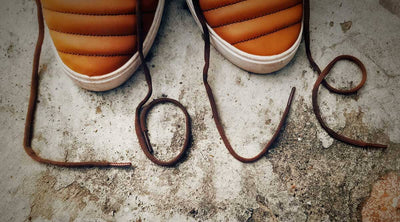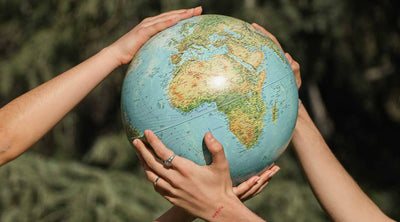Sustainability 101
Biggest Myths & Little-Known Truths About Recycling
November 15, 2021
Recycling can be a fairly complex topic, which makes many ponder, ‘Is recycling a myth?’. Some circles are uncertain about how it helps the planet, while others consider it to be a waste of time, money, and energy. It can be difficult to know what to believe.
Nonetheless, things have changed rapidly in the recycling industry since the late 1990's. More industries are trying to curb the amount of waste pollution and consumer behavior has shifted. Greater emphasis is now on reducing, reusing, and recycling, as people are becoming more conscious of the world's waste problem.
Yet still, there are many myths to dispel. In the following article, we shed light on some of the most popular myths we’ve come across regarding recycling.
Furthermore, the WorldWatch Institute suggests that the number of recycled aluminum cans in the United States in 1996 saved enough energy to power a city the size of Philadelphia for one year.
The creation of new products takes more time and a lot more energy. It's not just about sourcing raw materials — they need processed and transformed into a new product.
Plastic has a very short recycling lifespan. It can only be recycled once or twice into new plastic. This is due to the breakdown of its polymer structure. When recycled, it is usually turned into items that don’t require a great level of strength.
Changes in consumer behavior have also forced changes to the way companies manufacture products. In this new era, companies must be seen to be socially responsible. To do so, using recycled materials throughout the supply chain is a must. As a result, this type of sustainability outlook has become crucial to many companies' brand identities.
Studies have shown that around 75% of all waste can be recycled but only 30% actually gets recycled. As a result of this problem, more and more waste ends up in landfills — and less of it gets recycled. Even worse, this waste is increasingly finding its way into our oceans. To reduce your carbon footprint, make sure you have separate bins for regular trash and recycling materials — and ensure you discard all items correctly.
The issue comes when recycling contamination occurs. Avoid it at all costs to prevent perfectly recyclable items from being downgraded and sent to landfills.
Other types of plastic, which mostly have the number 6 and 7 resin codes, are not recyclable. It includes products like takeout trays, plastic cutlery, meat trays, baby bottles, and bio plastics.
Nonetheless, things have changed rapidly in the recycling industry since the late 1990's. More industries are trying to curb the amount of waste pollution and consumer behavior has shifted. Greater emphasis is now on reducing, reusing, and recycling, as people are becoming more conscious of the world's waste problem.
Yet still, there are many myths to dispel. In the following article, we shed light on some of the most popular myths we’ve come across regarding recycling.
Myth 1: Recycling Uses More Energy Than Making Something New
Many believe that recycling isn't worthwhile because it uses more energy than it does to create new items from raw materials. This is untrue. According to the Environmental Protection Agency (EPA):- Recycling aluminum cans can save 95% of the energy needed to create new cans from scratch.
- Creating recycled paper requires about 60% of the energy used to make paper from raw wood pulp.
- Manufacturing glass from crushed, used glass requires 30% less energy than it does from raw materials.
- Only two-thirds of energy is used when producing new plastic from recycled materials compared to using raw materials.
Furthermore, the WorldWatch Institute suggests that the number of recycled aluminum cans in the United States in 1996 saved enough energy to power a city the size of Philadelphia for one year.
The creation of new products takes more time and a lot more energy. It's not just about sourcing raw materials — they need processed and transformed into a new product.
Myth 2: Materials Can Only Be Recycled Once
In actual fact, a lot of materials can be recycled numerous times. Glass, metal, aluminum, and other recyclable items can be recycled over and over again without losing quality. Materials like paper, however, begin to lose their quality as it goes through a few recycling runs. Paper can be recycled between 5-7 times before tiny fibers in the paper break down, meaning it becomes unsuitable as usable paper. Nonetheless, it can be repurposed into lower-grade paper that’s suitable for egg cartons or packaging inserts.Plastic has a very short recycling lifespan. It can only be recycled once or twice into new plastic. This is due to the breakdown of its polymer structure. When recycled, it is usually turned into items that don’t require a great level of strength.
Myth 3: Products Made From Recycled Materials Have Worse Quality
Many years ago, recycled goods were thought to have an inferior quality. But this notion was based on old technology. With today's advances, recycled goods are just as good as new products.Changes in consumer behavior have also forced changes to the way companies manufacture products. In this new era, companies must be seen to be socially responsible. To do so, using recycled materials throughout the supply chain is a must. As a result, this type of sustainability outlook has become crucial to many companies' brand identities.
Myth 4: Separating Trash From Recycling Is Not Important
In the modern world, waste is a huge problem. Everyday items like leftover food and non-recyclable trash shouldn't be mixed with recyclables because it can lead to recycling contamination [link to the recycling contamination article].Studies have shown that around 75% of all waste can be recycled but only 30% actually gets recycled. As a result of this problem, more and more waste ends up in landfills — and less of it gets recycled. Even worse, this waste is increasingly finding its way into our oceans. To reduce your carbon footprint, make sure you have separate bins for regular trash and recycling materials — and ensure you discard all items correctly.
Myth 5: Recyclables Just End Up In The Trash
Many people believe that recycling is a total waste of time because it just ends up mixed with the trash. This simply isn’t true. Items in recycling bins are sent to recycling facilities, which are designed to process recyclable goods that can be reintroduced into the market.The issue comes when recycling contamination occurs. Avoid it at all costs to prevent perfectly recyclable items from being downgraded and sent to landfills.
Myth 6: All Types Of Plastics Are Recyclable
There’s a lot of confusion about the ‘chasing arrows’ symbol. The numbers called plastic resin codes tell you what type of plastic it is. This symbol is used for most plastics, but there are some important exceptions. Plastics with numbers 1 and 2 are the most common types of plastic such as soda bottles, water bottles, milk containers, and dish soap bottles. They make up 80-90% of the marketplace for recycled plastic.Other types of plastic, which mostly have the number 6 and 7 resin codes, are not recyclable. It includes products like takeout trays, plastic cutlery, meat trays, baby bottles, and bio plastics.
Myth 7: All Types Of Glass Bottles & Jars Are Recyclable
Glass is 100% recyclable and can be recycled endlessly with virtually no loss of quality. However, recycling glass can vary depending on your local jurisdiction. There are a few different ways to recycle it. In some places, you can place your glass containers next to your normal recycling bins. In other places, you have to go to a specific location to recycle glass. Check with your local authority for more information on how to recycle glass.Getting Rid Of The Myths
As the saying goes, don’t believe everything you hear! After reading this article you are now better equipped to identify and counter some of the most common recycling myths that are making the rounds. If you’re ever in doubt, just remember to seek the correct information from your relevant local authority. It will ensure you are recycling the right way and playing your part in keeping our planet cleaner for future generations.MORE Sustainability 101 ARTICLES View all ›
Ready to make
the switch?
- Powerful Cleaning
- Dissolves Easily
- Skin-Friendly
- Eco-Friendly
- No Mess





